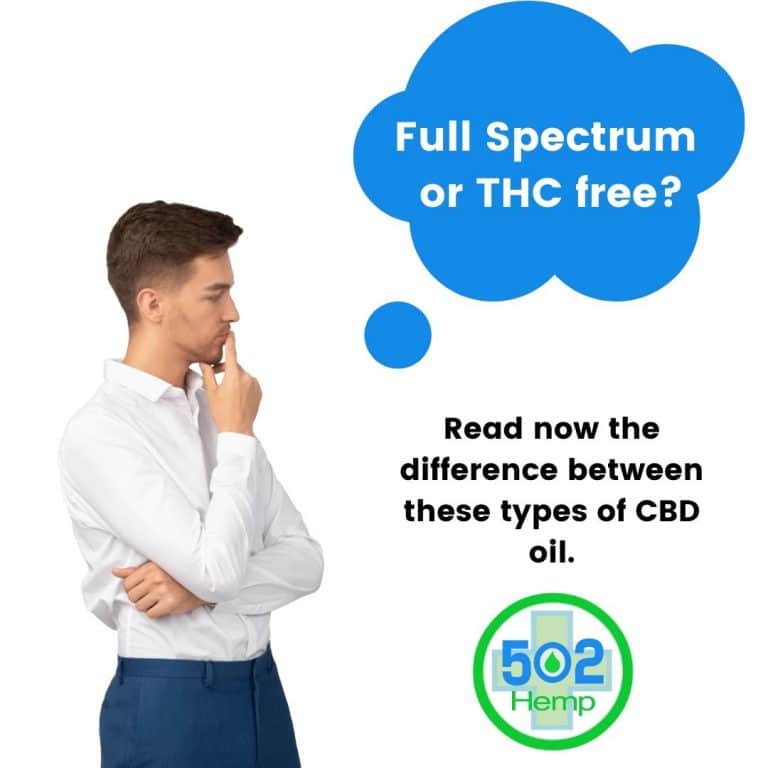CBD oil has been used for centuries to treat a variety of ailments. The oil is derived from the cannabis plant and may be effective in treating pain and seizures. CBD oil is legal in most states and can be purchased without a prescription.
Who discovered CBD oil?
CBD oil has been garnering a lot of attention lately as a possible treatment for everything from stress to pain relief. But who discovered CBD oil, and how did it become such a popular natural remedy? CBD oil is derived from the hemp plant, which is a member of the cannabis family. Unlike its cousin THC, CBD does not have any psychoactive properties. This means that it won’t get you high, but it may have a number of potential health benefits. CBD oil was first isolated in the 1940s by a team of scientists. However, it wasn’t until the 1990s that scientists began to study CBD oil’s potential therapeutic applications. Since then, research has shown that CBD oil may be effective in treating a wide variety of conditions, including chronic pain, and even epilepsy. Thanks to its growing reputation as a safe and possibly effective treatment option, CBD oil is now available in a wide variety of products, from tinctures to topicals.
Can I buy CBD oil today?
If you’re looking to purchase legal CBD products, there are a few things you need to keep in mind. First, CBD oil and hemp-derived CBD products are legal in all 50 states. However, these products must contain less than 0.3% THC in order to be considered legal. Second, CBD products derived from marijuana are only legal in states where marijuana is legal for medical or recreational use. Finally, it’s important to check with your local laws before purchasing any CBD product, as the regulations can vary from state to state. With that said, CBD oil and CBD-infused products are widely available online and in stores, so finding a reputable source should not be difficult.
*The statements made regarding these products have not been evaluated by the Food and Drug Administration. The efficacy of these products has not been confirmed by FDA-approved research. These products are not intended to diagnose, treat, cure or prevent any disease. All information presented here is not meant as a substitute for or alternative to information from healthcare practitioners. Please consult your healthcare professional about potential interactions or other possible complications before using any product. The Federal Food, Drug, and Cosmetic Act requires this notice.












